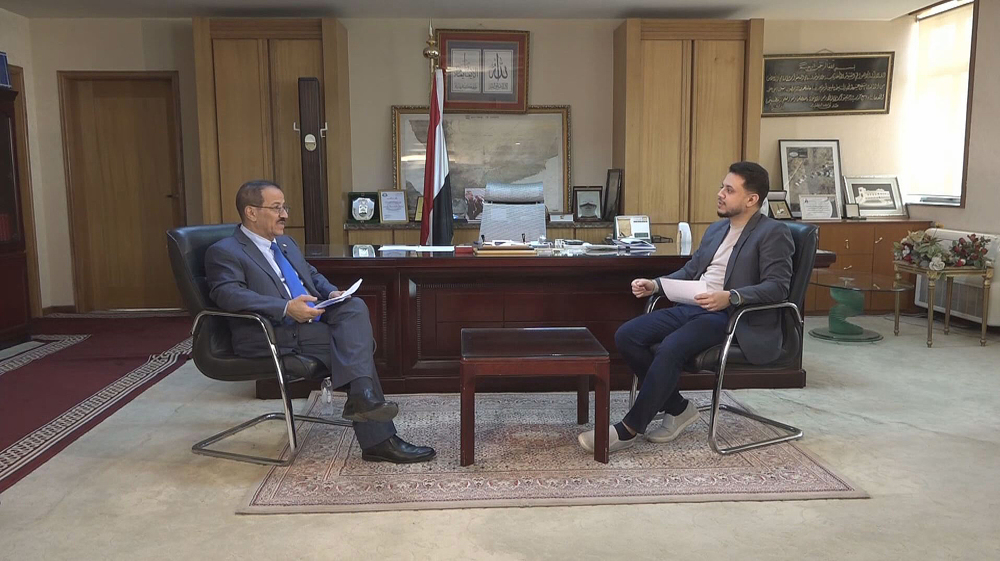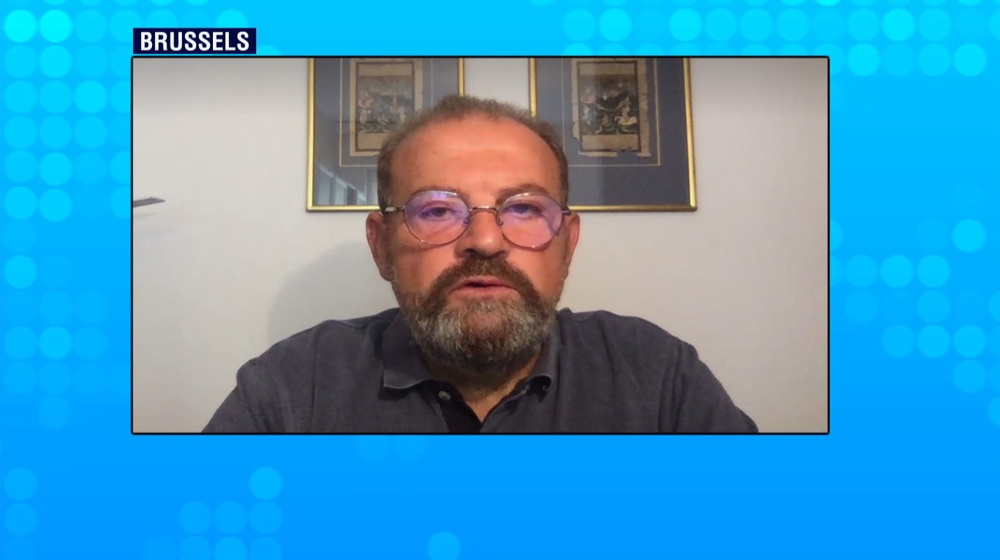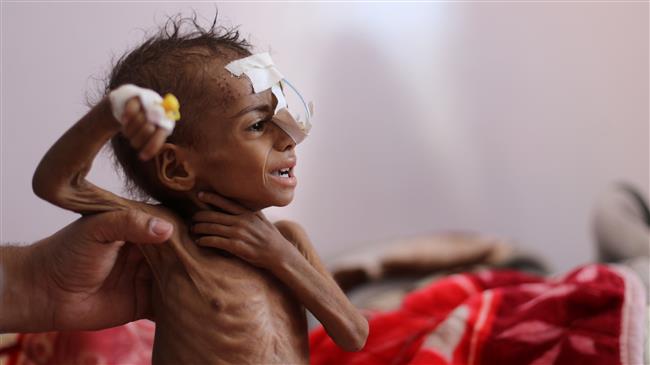Saudi backwardness getting increasingly revealed to world: Analyst
Press TV has interviewed Mark Weber, the director of the Institute for Historical Review, about Saudi Arabia’s pressure on the United Nations over the blacklisting of a Saudi-led military coalition for killing children in the Yemeni war.
A rough transcription of the interview appears below.
Press TV: Saudi Arabia threatening to withhold humanitarian aid to get off the blacklist for killing Yemeni children, all of this while chairing a UN human rights panel. What are we missing here?
Weber: Well, the world is increasingly aware of the character and the policies of Saudi Arabia. This report adds to a steady stream of revelations and news reports in recent years about Saudi Arabia and its policies and specially the Saudi role in the Yemen conflict, which have had the effect of seriously degrading the kingdom’s public image around the world.
Even here in the United States, Saudi Arabia is increasingly regarded as a backward, fossilized society that is an embarrassment in the modern world. And this latest report is just one of many that have been coming out in the last year or two that contribute to this further... of Saudi Arabia’s image.
Press TV: Right and then Ban Ki-moon says that he was pushed into a corner, that’s why he had to relent because of the humanitarian aid that he gets from the Saudis. But the aid from one country isn’t worth undermining your entire organization’s credibility. I mean how many other donors will stand to lose in that situation?
Weber: Well, the UN chief, Ban Ki-moon, deserves credit for making public some of these undue pressures that have been applied in an effort to insulate the kingdom from scrutiny and accountability for its policies.
In this regard, the Reuters news agency reported even that the United Nations has been facing what it calls bullying, threats and pressure by Saudi Arabia, amounting to what it termed a real blackmail.
More and more people are aware of this; and Ban Ki-moon’s remarks just made public what more and more people realize.
And we’re going to expect, I think, and have a right to expect within the months to come, there will be still more revelations and reports that will remind the world again and again of the bizarre and embarrassing character of Saudi society and its policies.
Press TV: Can you still say what Ban Ki-moon did was a honorable thing by blowing this thing open and kind of blowing the whistle on the Saudis, but I’m saying should he have relented in the first place or stuck to his guns? Why? Because the Saudis are one source of humanitarian funding for these causes. When you undermine the credibility of your organization, what you’re doing in essence is you’re turning your back on all the other donors that respected you before.
Weber: I think what Ban Ki-moon seems to be afraid of is that if Saudi Arabia was pushed into a corner, that Saudi clerics would issue a fatwa, which would have an embarrassing and important impact in many many other countries.
I don’t want to second-guess the prudence or the wisdom of what the UN chief did, but I think it’s sufficient to note that he did make public this kind of pressure and that itself is going to add to all of this in the years to come.
France fails to ban anti-Islamophobia protests
In Numbers: 200 days of Israeli genocidal war against Palestinians in Gaza
Death toll mounts in Gaza as Israeli genocidal war marks 200 days
Hamas dismisses US accusation of obstructing ceasefire in Gaza
Gaza solidarity protests sweep US universities despite police crackdown
Tension flares in India after Modi's anti-Muslim hate speech amid elections
Iran, Pakistan to bring peace, stability to region through cooperation: Raeisi
'Regrettable': Iran slams EU sanctions, says bloc satisfying criminal Israeli regime














 This makes it easy to access the Press TV website
This makes it easy to access the Press TV website